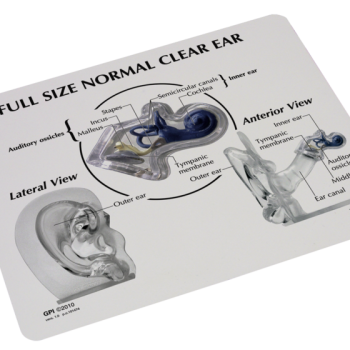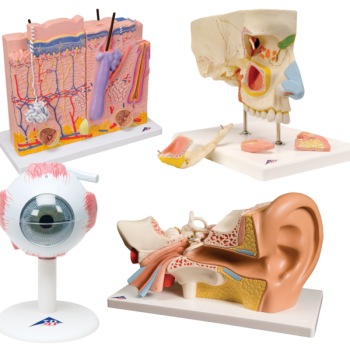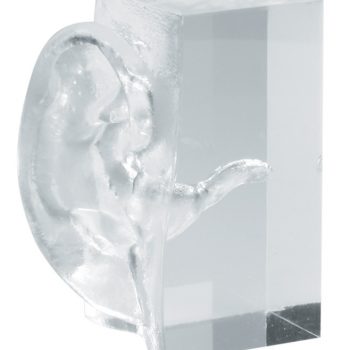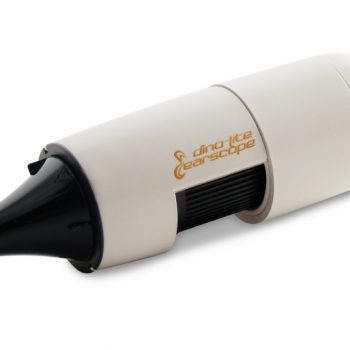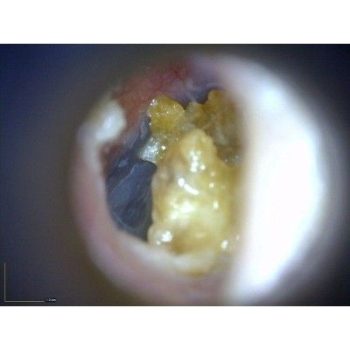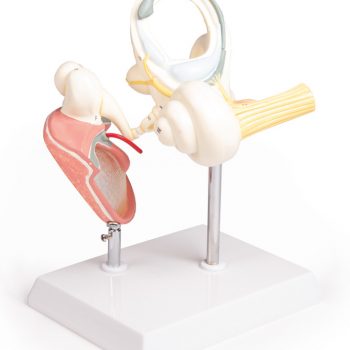The sense organs have the task of furnishing information to the individual about himself and his environment. The ability to perceive stimuli and react to them is, together with the capacity for movement, nourishing oneself and reproducing, one of the primordial characteristics of living protoplasm. Even amoebae react to touch and light, as well as to chemical and temperature stimuli. Over the course of evolution, first some individual cells and then complex organ systems specialized in perceiving and processing stimuli. The nature of light. Eye and retina structure. Accommodation and adaptation. Image formation, movement vision, spatial vision (depth perception). Connection mechanisms in the retina and the brain. The physiological-psychological components of visual perception. Ocular affections. Optical illusions. Color vision and color blindness. Colors and psyche. Ear and hearing. Formation of sound waves. Development and structure of the human ear. Middle ear, inner ear, cochlea, organ of Corti. Directional hearing, hearing centers. Structure of the labyrinth, perception of rotation and spatial orientation. The chemical senses. The sense of smell. Location of the olfactory region. Nose conchas and olfactory epithelium. The sense of taste. The tongue’s tasting areas. Papilla foliata, vallate papilla and fungiform papilla, fine structure. The skin as organ of touch. touch corpuscles, warmth and cold receptors, sense of temperature and thermal receptors. Pressure receptors. Sensitivity differences caused by touch stimulation. Conscious awareness of the position and muscle movements. Muscle spindle and Golgi tendon apparatus. Processing of self-awareness information.
Search
Enquiry Line: 01 803 8688
Welcome To Medstore Medical - Thousands Of Products - Nationwide - Worldwide



